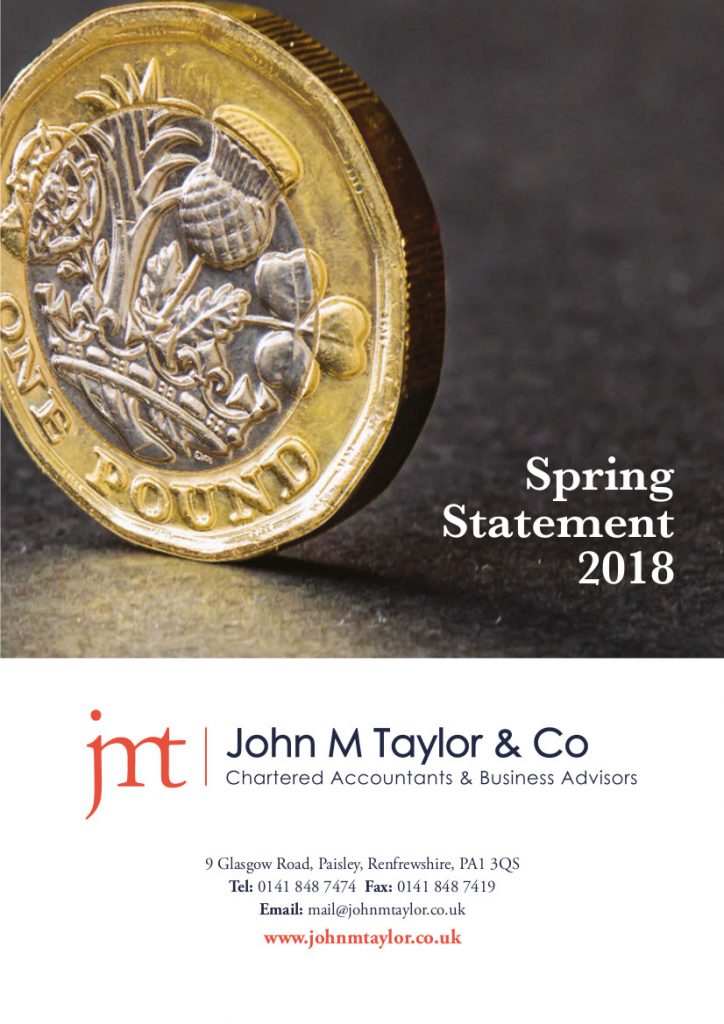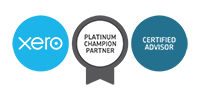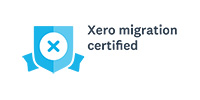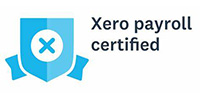Chancellor Philip Hammond delivered his Spring Statement on Tuesday 13 March 2018. For a full analysis and a refresher of the topical issues for the year ahead please download our Spring Statement Summary.
In his speech, the Chancellor announced consultations would be issued on:
- how to help the UK’s least productive businesses to learn from, and catch-up with, the most productive
- how to eliminate late payments particularly to benefit small business
- whether the use of non-agricultural red diesel tax relief contributes to poor air quality in urban areas
- consultation on reduced Vehicle Excise Duty rates for the cleanest vans.
He also made available further details on some consultations which are considered briefly below:
- Making Tax Digital sanctions for late submission and late payment – Following significant support on consultation, the government intends to take forward points based late submission penalties. There will be further consultation on the draft legislation to be published in summer 2018.
Tackling the plastic problem – The government will call for evidence as to how changes to the tax system could be used to reduce the amount of single-use plastics that are wasted by reducing unnecessary production, increasing re-use and improving recycling. The government would also like to explore how to drive innovation in this area to achieve the same outcomes. - Cash and digital payments – The government will consult and seek evidence about how the role of digital payments is to fit into the growing digital economy. This will include identifying what further work can be done to remove barriers to digital payments. At the same time the government acknowledges that cash must remain accessible and secure.
- Online platforms – The government has launched a call for evidence on the role of online platforms in ensuring tax compliance by their users. The types of online platforms the government is principally interested in are platforms that allow people to earn money from spare resources such as cars and spare rooms, that allow people to use their time to generate extra income and that connect buyers with individuals or businesses offering services or goods for sale. The government wants to ensure that, where people have tax obligations because of these activities, it is easy for them to comply.
- VAT collection split payment – The government wants to combat online VAT fraud by harnessing new technology and is consulting on VAT split payment. This will utilise payments industry technology to collect VAT on online sales and transfer it directly to HMRC.
- VAT registration threshold call for evidence – The government considers that the current design of the VAT registration threshold may be dis-incentivising small businesses from growing their business and improving their productivity.
We will update you on the outcome of the consultations in due course.
Internet link: gov.uk Spring Statement 2018










